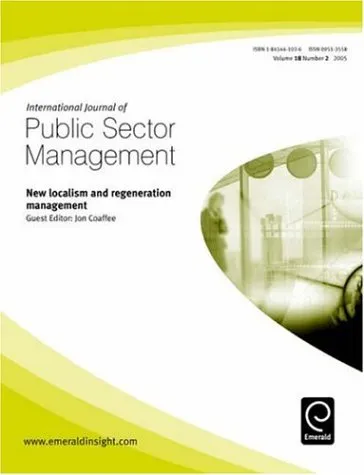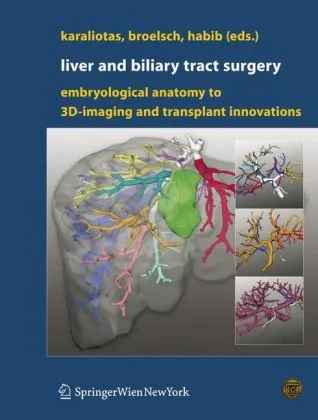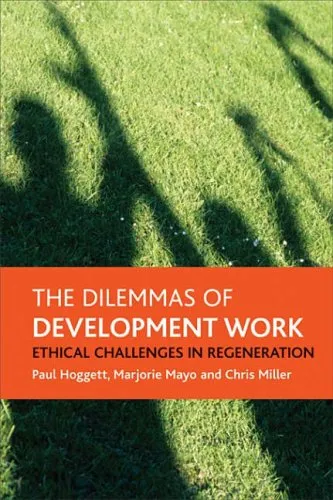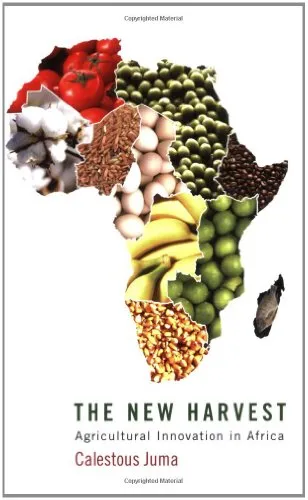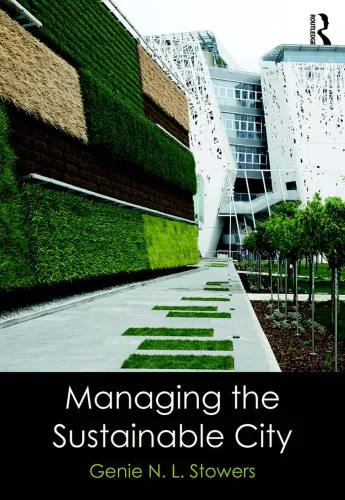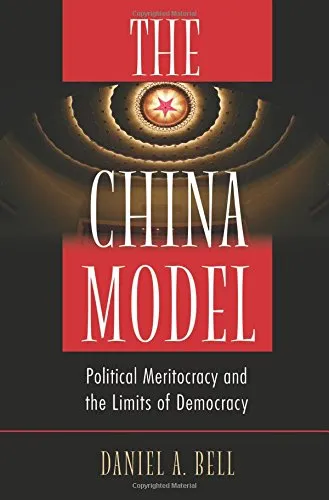New Localism and regeneration management
4.7
Reviews from our users

You Can Ask your questions from this book's AI after Login
Each download or ask from book AI costs 2 points. To earn more free points, please visit the Points Guide Page and complete some valuable actions.Related Refrences:
Introduction to 'New Localism and Regeneration Management'
In an era marked by rapid urban change, the notion of 'new localism' emerges as a transformative framework for addressing the complexities of urban regeneration. 'New Localism and Regeneration Management' delves into the paradigms and strategies that are reshaping the landscapes of cities worldwide. This book seeks to offer a comprehensive examination of how new localism influences regeneration policy and practice, focusing on adaptive, collaborative, and sustainable approaches.
Detailed Summary of the Book
The book begins by defining 'new localism' as an approach that emphasizes decentralization, community empowerment, and contextual solutions to urban challenges. It argues that traditional top-down methods of urban planning and regeneration have often failed to adequately address local needs or mobilize local resources effectively. Instead, a shift is needed towards embracing local insights, strengths, and collaborations.
Throughout its chapters, 'New Localism and Regeneration Management' critically analyzes various case studies from cities that have adopted localism strategies. The book uncovers how these cities have succeeded or stumbled along the way, providing invaluable lessons for policymakers, urban planners, community leaders, and students of urban studies.
A pivotal aspect of the book is its exploration of sustainability in regeneration efforts. It calls for an integrated approach that combines economic resilience, social equity, and environmental responsibility within the urban environment. By advocating for policies that are flexible and responsive, the book illustrates how communities can harness local potential and knowledge to create vibrant urban futures.
Key Takeaways
- **Empowerment and Participation:** Local communities are pivotal actors in regeneration, and their involvement is crucial for sustainable outcomes.
- **Decentralized Decision Making:** Effective urban regeneration requires distributed authority to local governments and community organizations.
- **Sustainability Focus:** Emphasizing environmental and social sustainability leads to more enduring and comprehensive regeneration results.
- **Adaptability is Key:** Successful regeneration is grounded in adaptable strategies that can respond to changing local conditions and opportunities.
Famous Quotes from the Book
“Localism is not merely a retreat from the global, but an empowerment of the local.”
“To regenerate is not merely to rebuild what was lost, but to renew with foresight and purpose.”
Why This Book Matters
In today's world, cities face unprecedented challenges ranging from environmental pressures to socio-economic disparities. 'New Localism and Regeneration Management' addresses these by advocating for a regeneration approach rooted in local realities and capabilities. The book bridges theoretical concepts with practical insights, making it a critical resource for anyone involved in urban development. The perspectives offered here are not just for academicians but are actionable strategies for civil servants, non-profit leaders, business developers, and civic activists.
By championing a participatory and decentralized framework, the book lays the groundwork for more democratic and effective urban governance. It invites its readers to rethink the future of urban spaces through the lens of empowered localism, encouraging collaborative efforts towards more resilient, equitable, and dynamic urban environments.
Free Direct Download
You Can Download this book after Login
Accessing books through legal platforms and public libraries not only supports the rights of authors and publishers but also contributes to the sustainability of reading culture. Before downloading, please take a moment to consider these options.
Find this book on other platforms:
WorldCat helps you find books in libraries worldwide.
See ratings, reviews, and discussions on Goodreads.
Find and buy rare or used books on AbeBooks.
1347
بازدید4.7
امتیاز0
نظر98%
رضایتReviews:
4.7
Based on 0 users review
Questions & Answers
Ask questions about this book or help others by answering
No questions yet. Be the first to ask!
